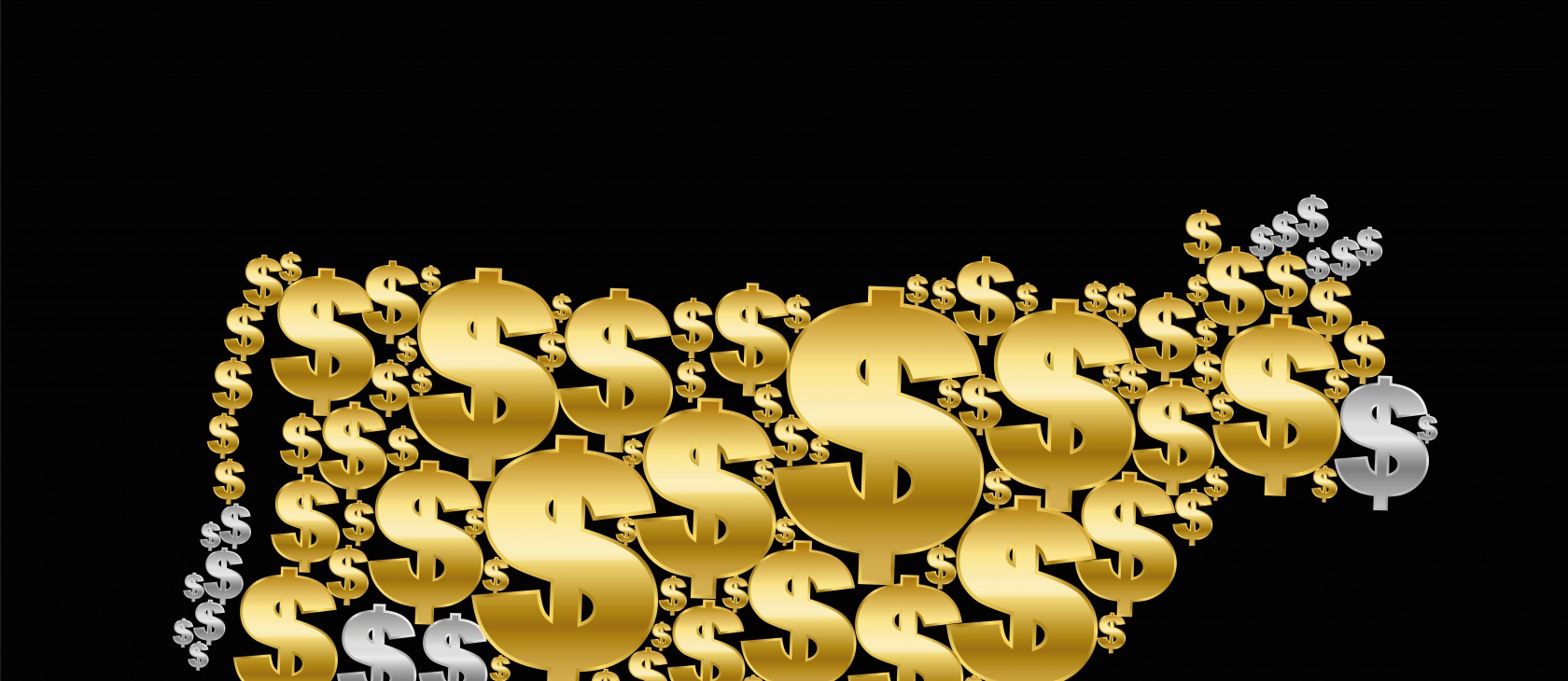We are living in a buyer’s market for criticisms of capitalism.
American conservatives are debating the merits and demerits of Tucker Carlson’s January 2 monologue on Fox News. Carlson attacked recently elected Senator Mitt Romney and “Republicans [who] have considered it their duty to make the world safe for banking, while simultaneously prosecuting ever more foreign wars.” Carlson claims modern Democrats “generally support these goals enthusiastically.” Recovery will come only when “Republican leaders acknowledge that market capitalism is not a religion.”
At the Vatican, the new editor of L’Osservatore Romano interviewed the 89-year-old American Baptist theologian Harvey Cox about the perils of “the god Market.” Previously known for his 1965 book The Secular City and its God-is-dead theology, Cox is more interested in tearing down the supposed idol of capitalism than building up faith in Christ. He compares the market to a cancer that must either grow or die and happens to like Pope Francis’s economic message.
Carlson and Cox are strange allies in today’s campaign against capitalism. Carlson’s primary concern is for the family and the nation and Cox’s humanity at large, yet both see capitalism replacing Christianity as the religion of the West. (Neither seems to realize that the family, nation and humanity can become idols as well.) Both believe that secular elites control markets to the detriment of the people however defined. The people therefore need to regain power either through populist politics (Carlson) or populist religion (Cox). A new type of populist leadership in the corrupt institutions of State and Church will presumably represent the people better than those in charge of the global economy.
We’ve been down this road before. The term “capitalism” was coined by its enemies such as Karl Marx, who described a perpetual class conflict between the owners of capital and the workers they hired. Most of these enemies wrote about capitalism in the mid- to late-19th century amid the great changes brought on by the Industrial Revolution. Capitalism and critiques of it also formed the basis of modern Catholic social teaching, starting with Pope Leo XIII’s encyclical Rerum Novarum in 1891, when such things were still relatively new.
It wasn’t until the great alternative to capitalism, real socialism, collapsed in the Soviet Union in the early 1990s that most of the world came to accept market economics as a dominant and even worthy choice . This “golden age” did not last long, however. By the turn of the century, anti-globalists were disrupting international trade negotiations; by 2016, the Republican candidate for the presidency of the United States opposed a new free-trade agreement with countries of the Pacific Rim.
Socialism remains a theoretical alternative to capitalism but not much of a practical one, given the all-too-evident catastrophes of Cuba, Venezuela and North Korea. The welfare state economies of Scandinavia prefer capitalism to socialism. No one knows if economic nationalism means more free trade or less. Small-is-beautiful distributism lacks the growth potential to be a true alternative. As usual, liberal democratic capitalism is the worst system to live under, except for all the others.
Who, then, will defend capitalism? It will take more than bankers to make the case. I still like to take my bearings from Pope John Paul II’s 1991 encyclical Centesimus Annus, which not only preferred terms like “business economy”, “market economy” or simply “free economy” to “capitalism”, but also presciently warned that such an economy requires a sound moral culture if it is meant to serve the human person. In short, capitalism cannot rely on capitalists for its survival.
In rejecting the term “capitalism”, John Paul II called our attention to the multifaceted nature of human liberty. Businesses, markets and economic freedom spread through human interactions at the inter-personal and local community level rather than the global. The more philosophically inclined Austrian school economists concentrated on human action and legislation instead of the mathematical models favored by the Keynesian and neo-classical schools.
What makes the free economy preferable to the command economy is not simply that the former can produce many more goods and services than the latter. A free economy situated within a strong moral culture and juridical framework allows people to cooperate with each other for the common good. People become protagonists in their own lives rather than cogs in a machine or data points on a graph.
Free people in a free economy are producers as well as consumers, savers as well as borrowers, at different times and stages in their lives, but they are also family members, citizens and religious believers. Provided they are honest in their dealings, they mutually benefit from exchanging with each other and are much more likely to know their interests and preferences better than State or Church officials can possibly imagine. It should go without saying that already corrupt institutions are unlikely to use additional power very well.
In the end, capitalism never satisfies us because we are more than material beings. True religion is the best antidote to false religion or irreligion. Just like politics and religion, capitalism gets into trouble when it exceeds its proper limits. Recent experience tells us that the rule of capitalists does not adequately respect human decency or the common good, so it will need to be constrained. It is important to ask who will establish those limits and how in order to get beyond the cheap rhetoric of anti-capitalism.








